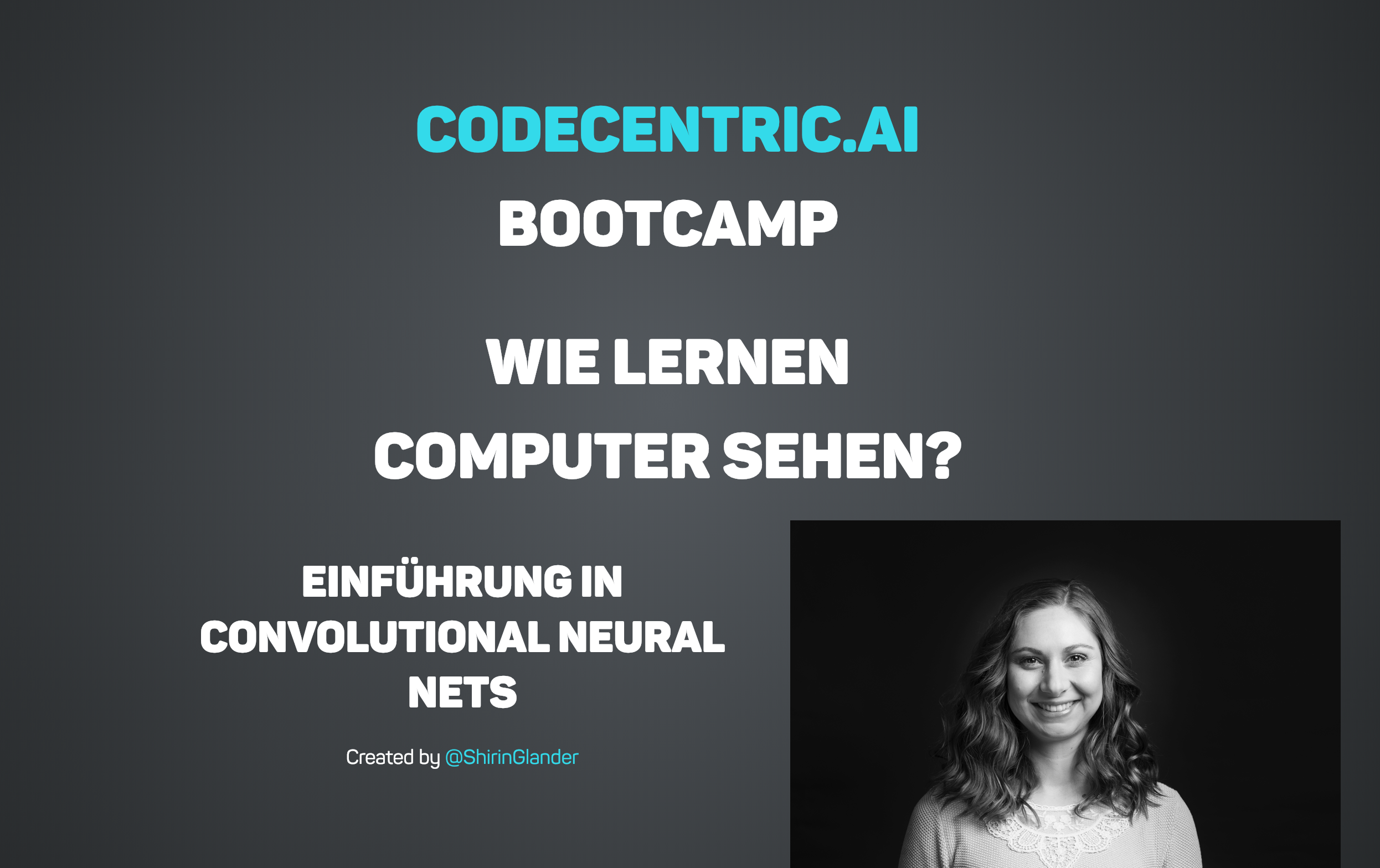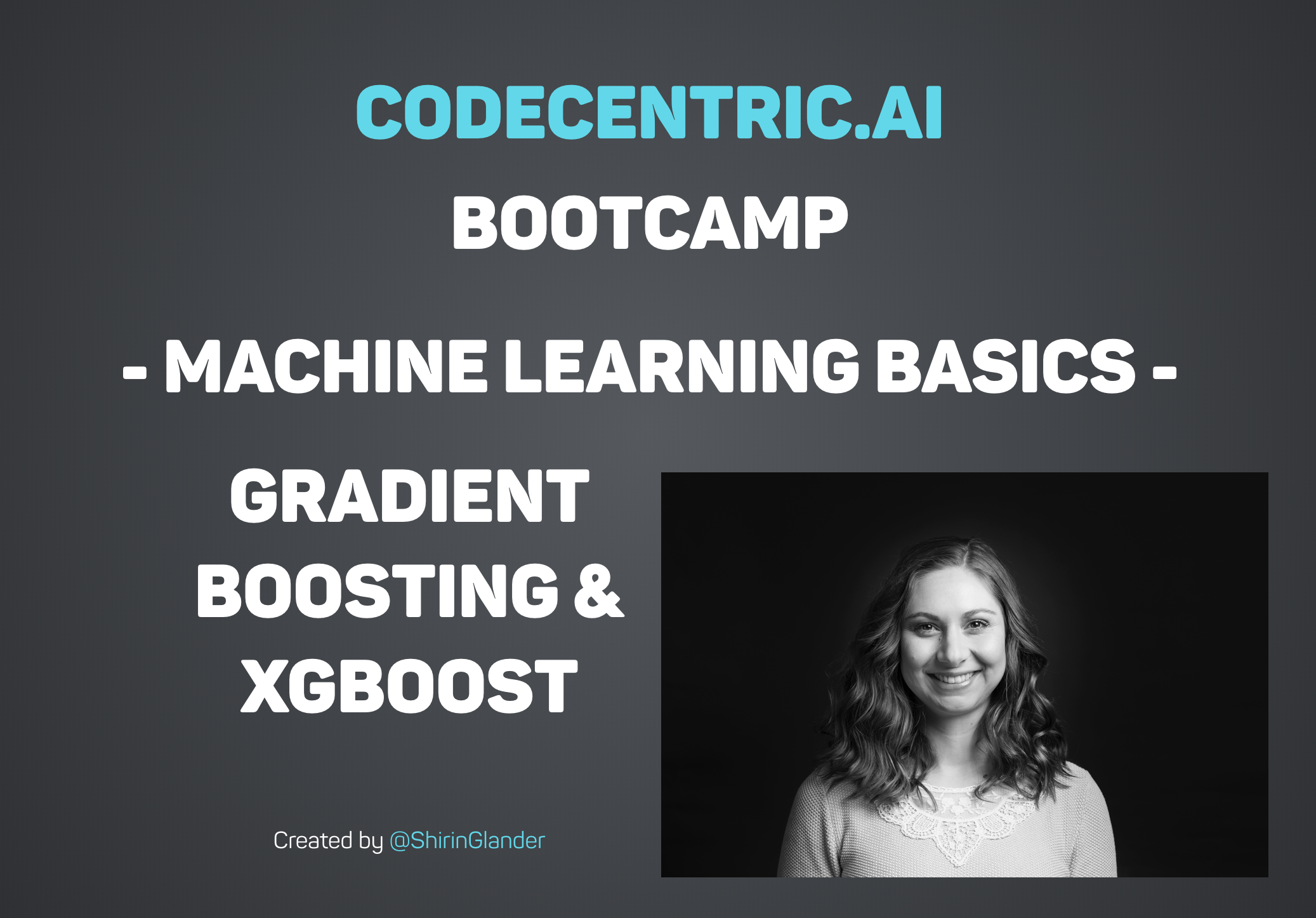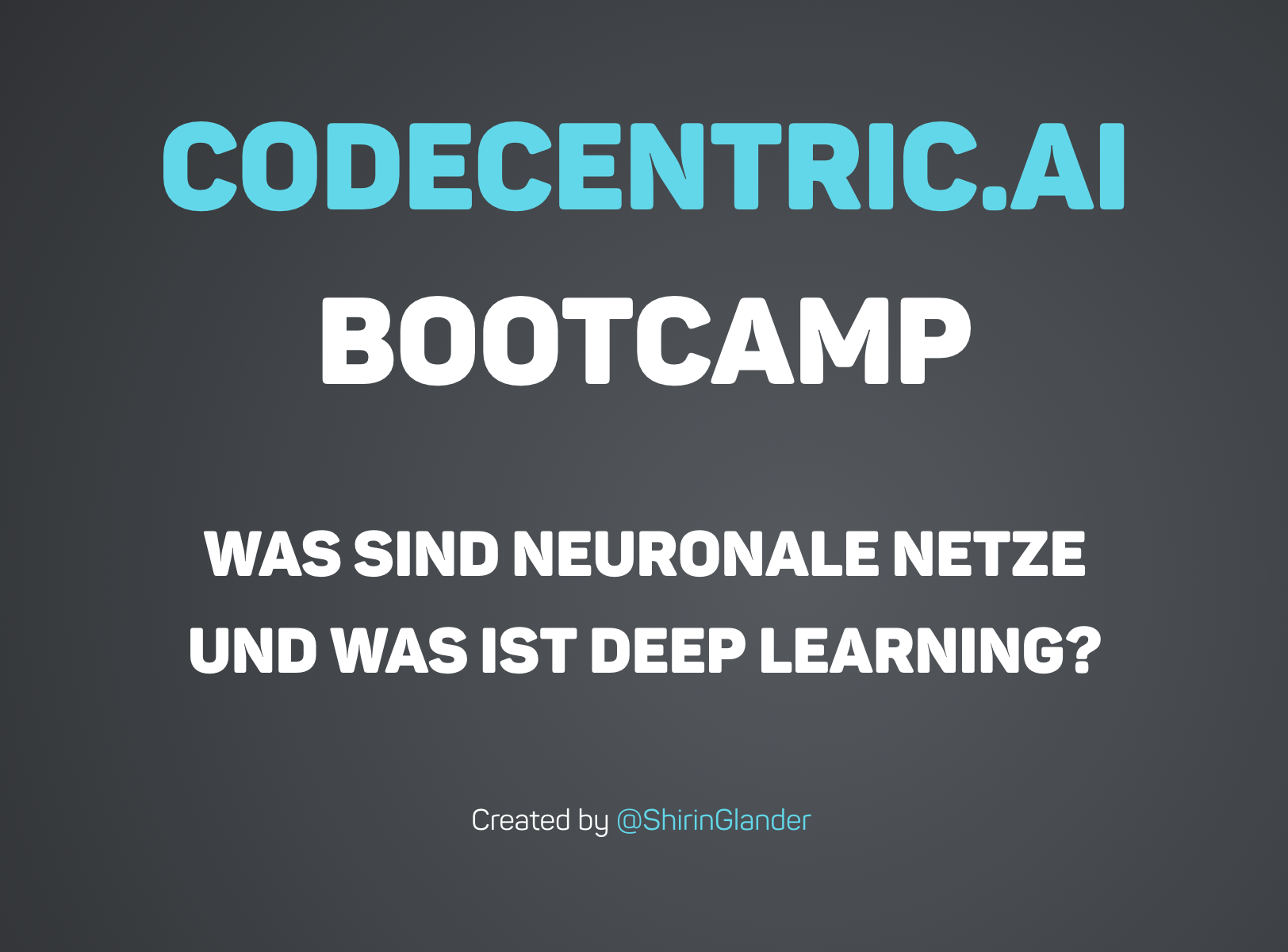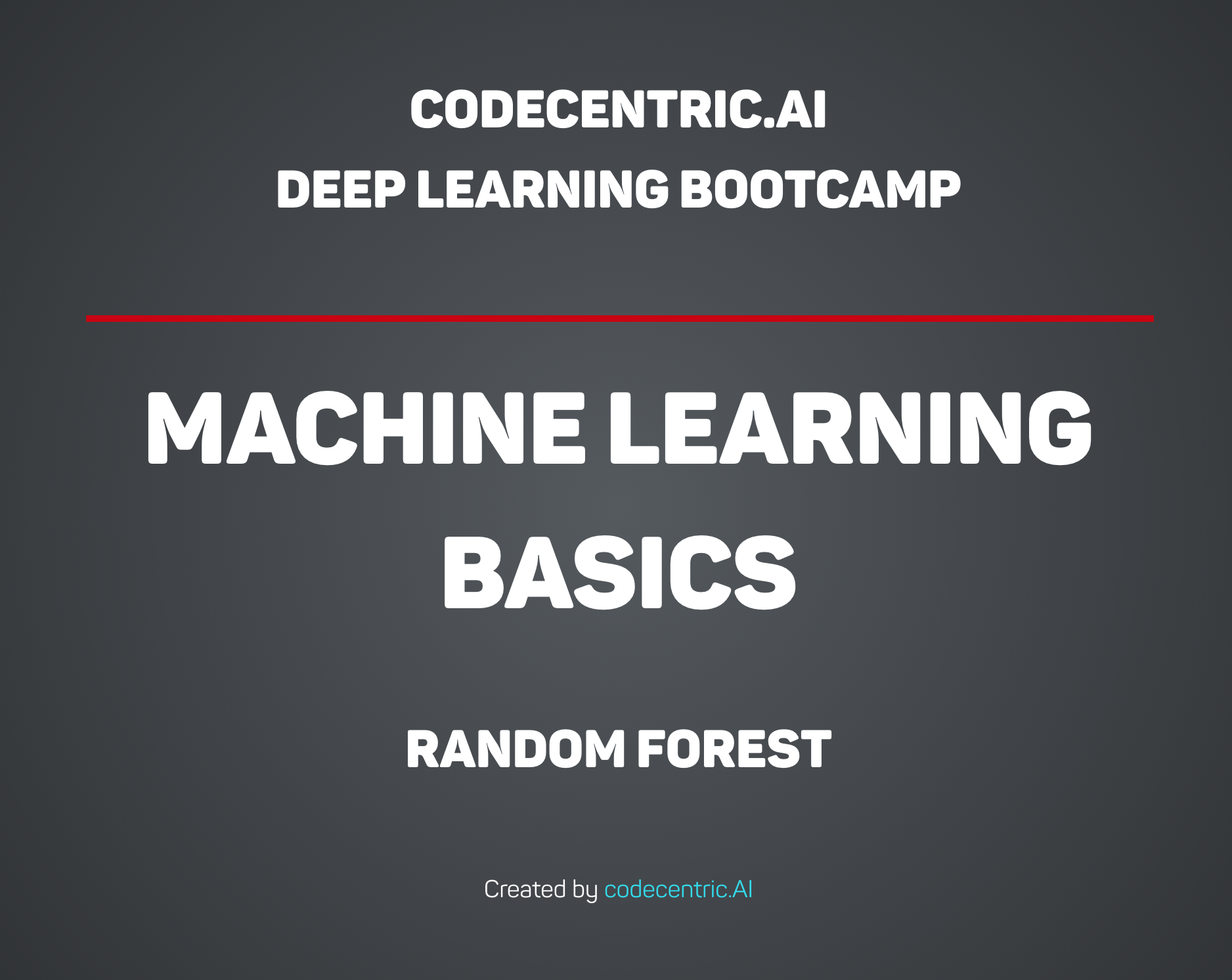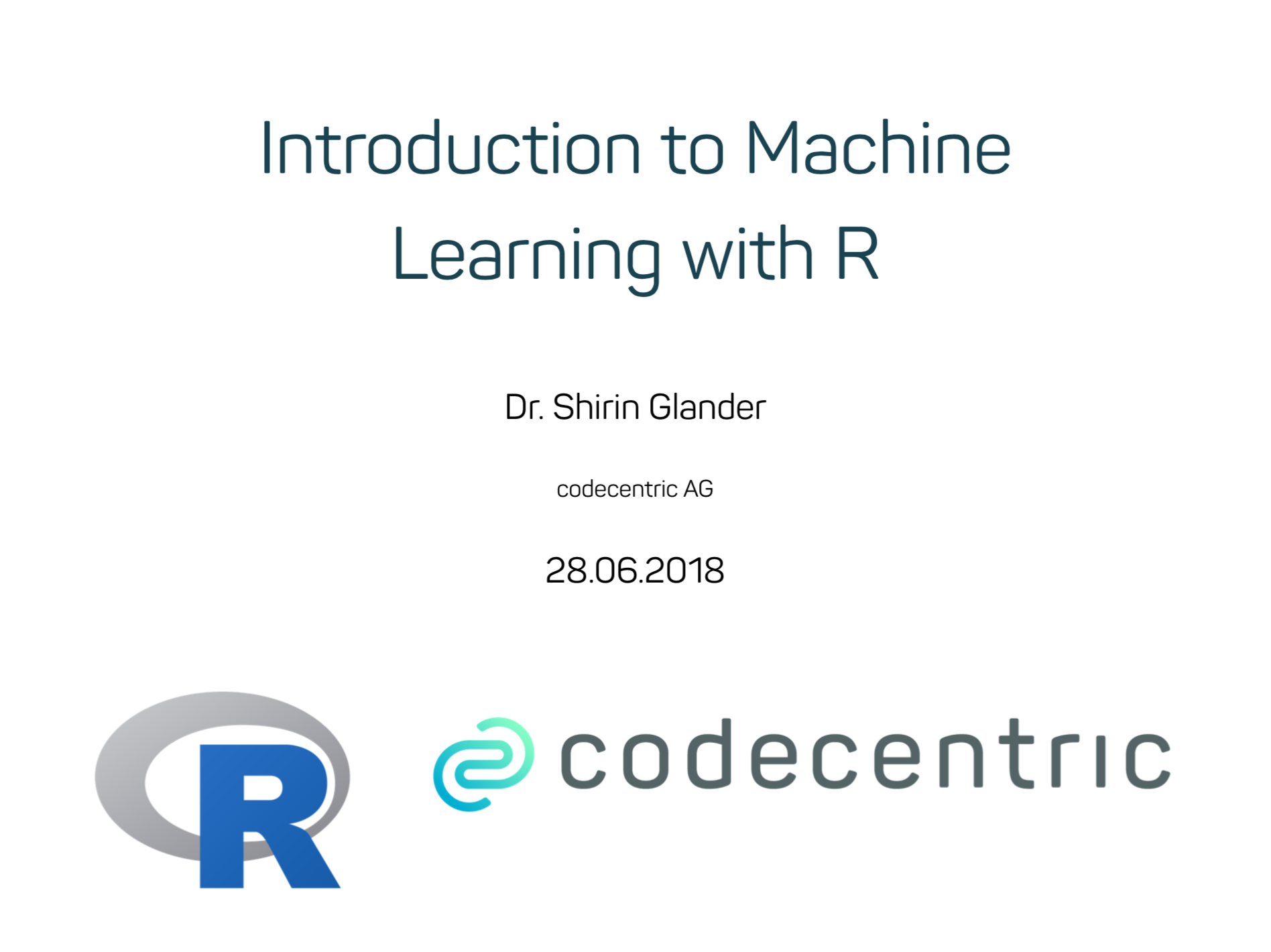As with the other videos from our codecentric.ai Bootcamp (Random Forests, Neural Nets & Gradient Boosting), I am again sharing an English version of the script (plus R code) for this most recent addition on How Convolutional Neural Nets work.
In this lesson, I am going to explain how computers learn to see; meaning, how do they learn to recognize images or object on images? One of the most commonly used approaches to teach computers “vision” are Convolutional Neural Nets.
